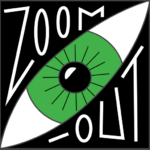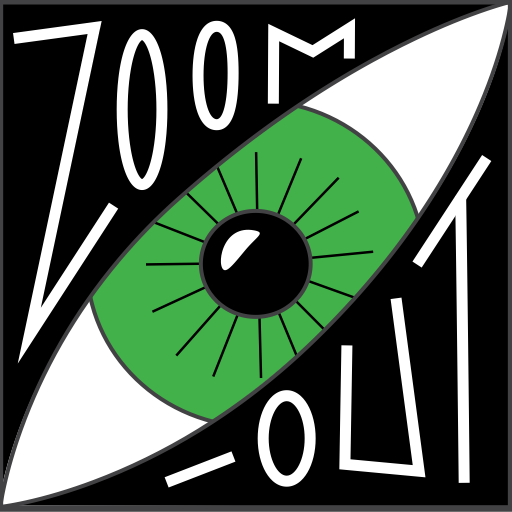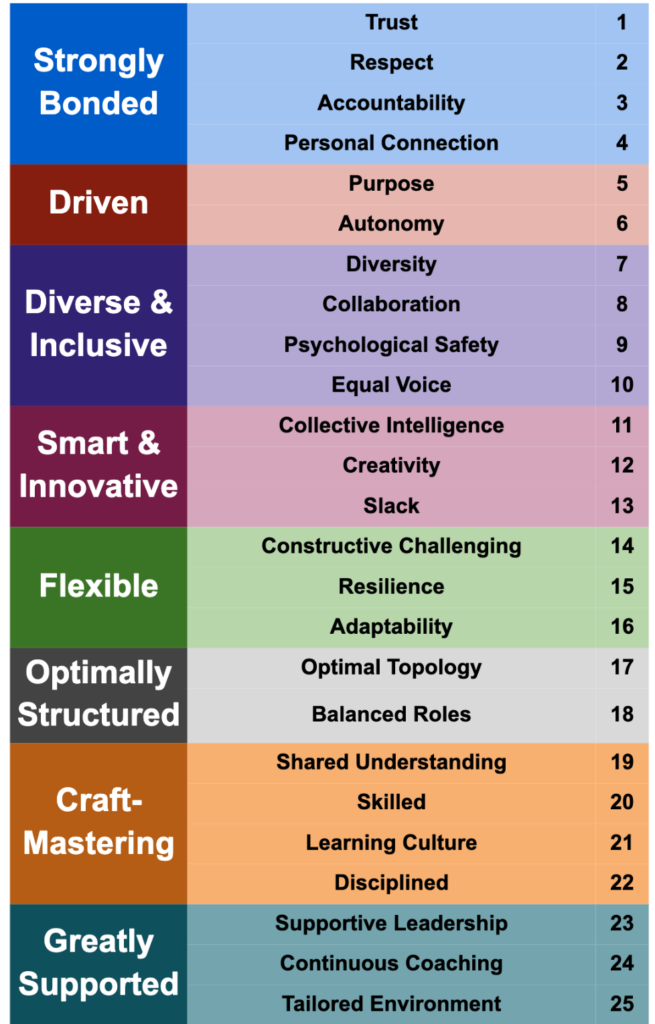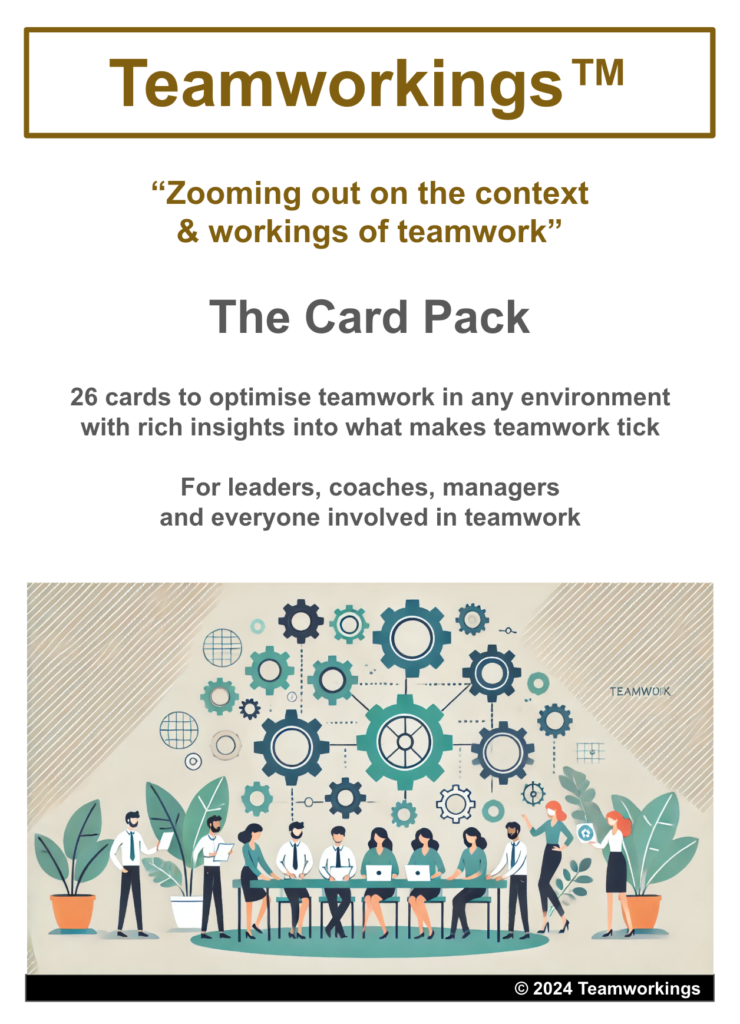
Seeing that bad behaviour does not equate to a bad person.

We often equate a person’s behaviour completely to the person they happen to be.
Bad behaviour = bad person.
This is an easy way to see and think. A simple equation. But we’ve known for a long time that this is far too simplistic. Yet, it’s still such a common way of seeing others and reacting to them.
Kurt Lewin, the father of Social Psychology, is famous among many things for this behaviour equation, which states:
B = f(P, E)
Where:
B = behaviour
P = person
E = environment (sometimes quoted as S = situation)
Verbosely:
Behaviour = a function of (a Person, and their Environment)
That is to say, a person’s behaviour is a product of who they are and the situation (or environment) within which they find themselves.
This is a Zoom-Out in its own right. We often Zoom-In on the person and translate bad attitude to ‘bad person’; or poor performance to ‘poor person’. Resulting in the reaction of wanting to get rid of the person in a work context for example. I’ve personally seen this so many times.
The Zoom-Out highlighted by Lewin is that we need to look at the broader perspective of the situation/environment. In fact, Lewin insisted that there are multiple levels and broader arcs of time we need to examine, both being further degrees of Zoom-Out in many dimensions including time and space.
However, I can’t resist prizing this equation apart a little more to give:
B = f(P, E, PV)
Where:
B = behaviour
P = person
E = environment (sometimes quoted as S = situation)
PV = perspective held regarding the environment or situation by the person
Verbosely:
Behaviour = a function of (a Person, their Environment, and their Perspective)
Clearly, the person’s perspective has an impact on behaviour and this is implicit in the original P of Lewin’s equation but from a Zoom-Out stance, it’s helpful to separate out the perspective. Thus making explicit, that if the person and situation remain the same but the person’s perspective alone changes then the person’s behaviour is correspondingly going to change.
>> IN ACTION <<
So BEFORE attempting to change or replace a person for poor performance…
… First, ask:
Q. Can we change the situation or environment?
… Secondly ask:
Q. Can we change the person’s perspective in a way that helps them and those around them?
Further Watching…
Simon Sinek tells the story of a barista at the Four Seasons Hotel in Las Vegas — a wonderful hotel because of the behaviour of the people that work there… but there’s a ‘Kurt Lewin twist’ to this tale…









